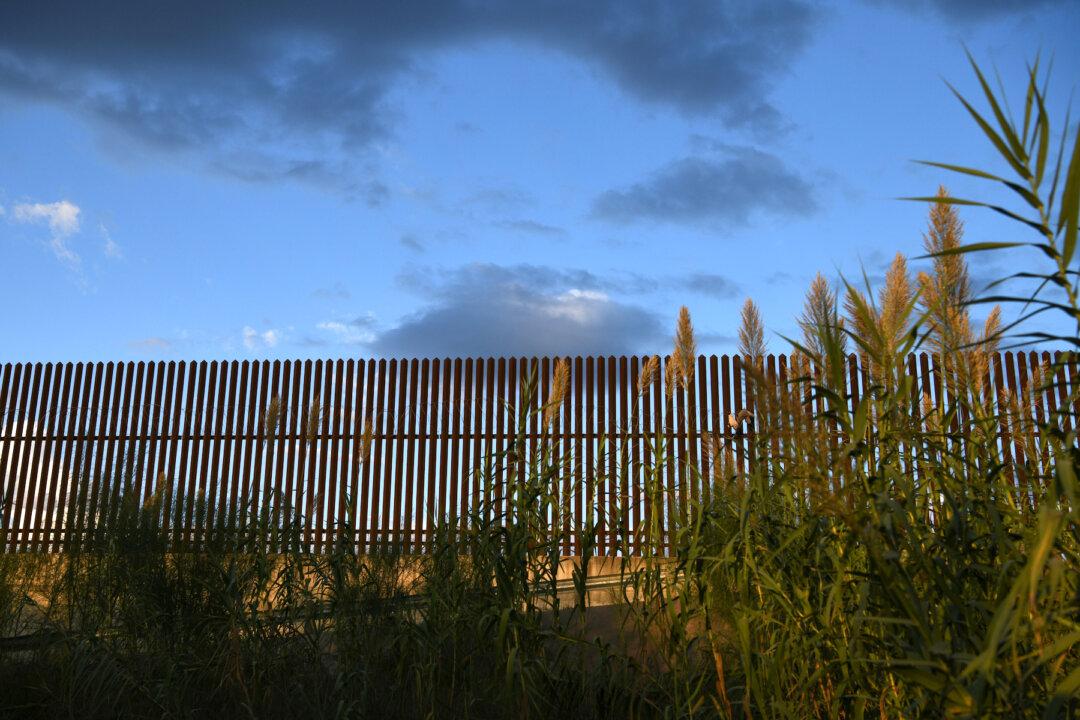A U.S. federal judge ruled that the Trump administration is operating within its authority when deciding to separate illegal immigrants who enter the country as family units at the U.S.-Mexico border.
U.S. District Judge Dana Sabraw in San Diego, California, said in a 26-page decision (pdf) on Monday that U.S. Immigration and Customs Enforcement (ICE) officials were “generally exercising their discretion to separate families at the border” consistent with immigrants’ “rights to family integrity and the court’s orders.”




